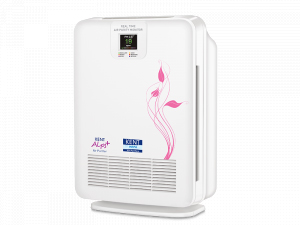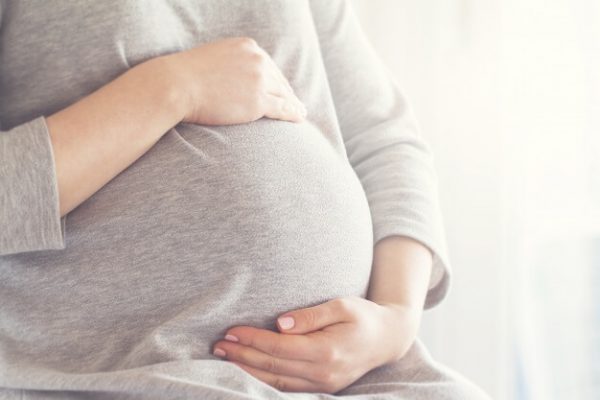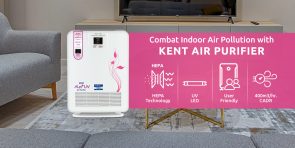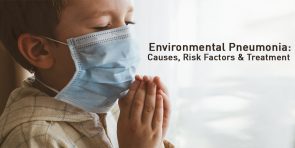Are you an Expectant Mother? Here’s How Smog Affects your Health
Air pollution is a serious concern of people in almost all the cities of India. The condition deteriorates further during the festive season and the onset of winter. Bursting of crackers, burning of crops, construction of buildings, and high ground-level pollution are some of the major reasons that lead to smog. In addition to babies, and elderly citizens, the high levels of pollution also pose a high risk to expectant mothers. The immune system is weakest during pregnancy which exposes expectant mothers and the unborn baby to a high risk of a number of health problems. So, in this blog, we discuss in detail the risks of smog on expectant mothers and the ways to prevent it.
How Does Air Pollution Affect Expectant Mothers?
As the immunity of expectant mothers is low, they need to take special attention to staying safe from pollution- both indoors and outdoor. While most of us are very concerned about outdoor pollution, very few of us are aware of the effects of indoor pollution. The outdoor pollutants find a way into your homes, which are often ignored. The indoor air is 5-10 times more polluted than the indoor air, which is the reason why you need to take the right steps to keep the indoor air clean. Too much exposure to smog can lead to fatigue and restlessness. The pollutants in the air also affect the capacity of the lungs to work at full capacity. Irritation in the nasal passage also leads to wheezing, and chest tightness.
How does Pollution Affect the Baby?
Not just the expectant mothers, but also the unborn babies are exposed to high health risks as a result of air pollution. Air pollution affects the lungs, and the respiratory system of the unborn baby and also leads to a number of long-term complications. Air pollution also impairs the lung development of the unborn child and leads to low birth weight, premature birth, and disturbing development of the immune system. Air pollution also increases the chances of developing childhood asthma. Impaired lung development also contributes to infant mortality.
What are the Preventive Measures to Stay Safe?
Expectant mothers need to take a number of precautionary steps to avoid the adverse effects of pollution. Some of the preventive measures to follow are:
Wear a Mask
It is impossible to stay indoors all the time, especially if you are a working woman. So, make sure that you wear an N95 mask when you step out of the house.
Drink lots of Water
Keeping yourself hydrated is another precautionary measure that you need to take. Drink at least 2 liters of water, especially when the smog level is quite high.
Use an Air Purifier
Using a HEPA air purifier is a must, especially during the onset of winter when the smog level is high. HEPA air purifiers remove pollutants that are as small as 0. 3 microns and PM 2.5 from the indoor air.
Increase the Intake of Antioxidants
Expectant mothers need to increase their intake of antioxidants by including fresh foods and vegetables in their diet. Antioxidants counteract the potential oxidative damage of the fetal cells.
The Bottom Line

With the air quality deteriorating every day, expectant mothers need to be extra careful to stay safe. In addition to taking precautionary steps against outdoor pollution, you also need to take measures to improve the quality of indoor air. Installing a HEPA air purifier is a must, especially when the pollution levels are high. This will ensure that expectant mothers stay safe from both indoor and outdoor pollution during the most delicate phase of their lives. Visit our website to find out more about the KENT HEPA Air Purifiers
To know more about indoor air pollution read our inside story.





